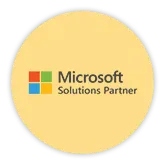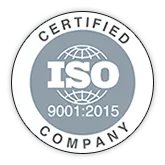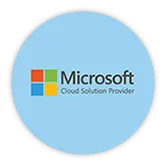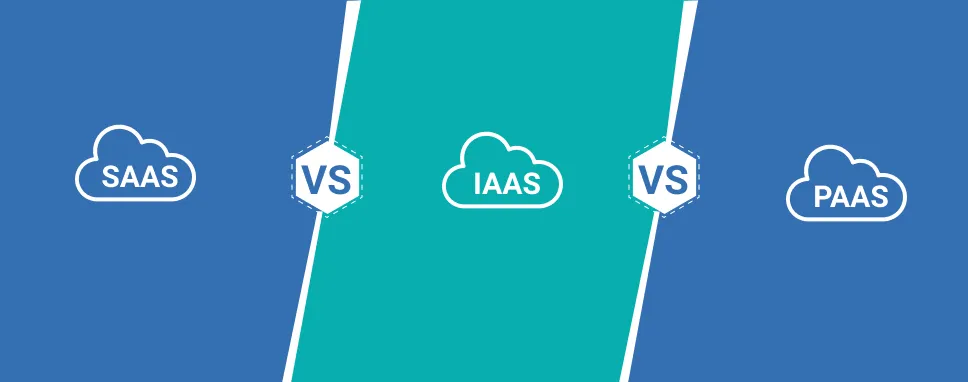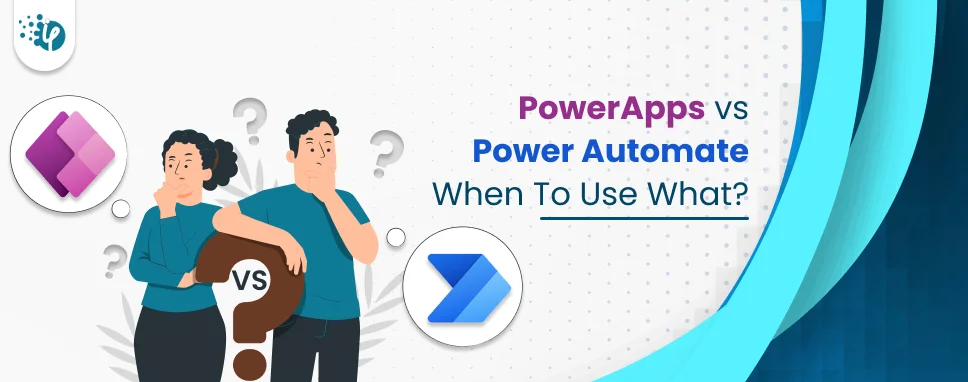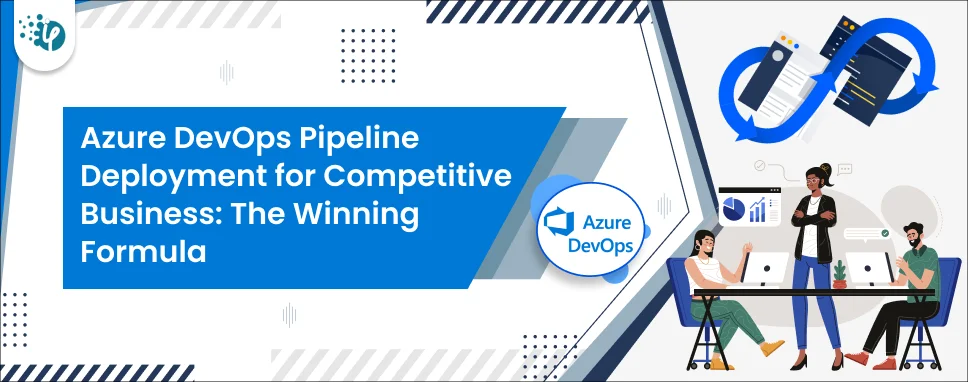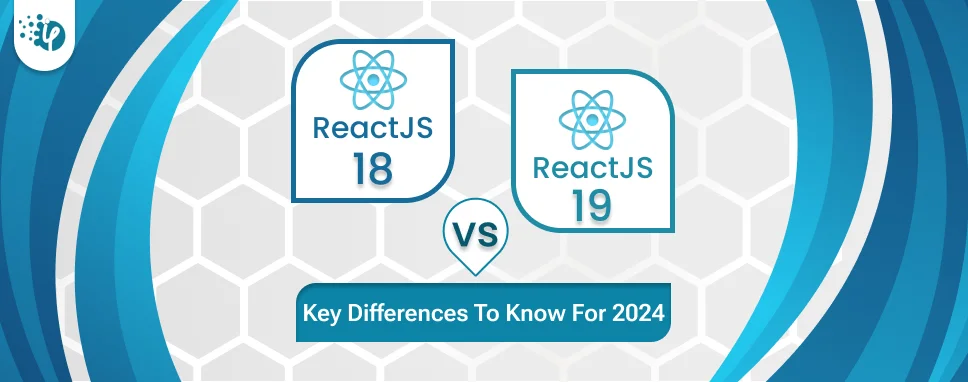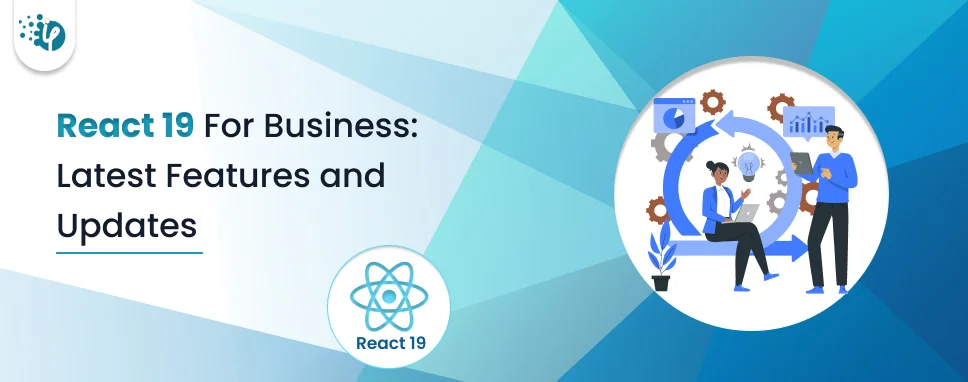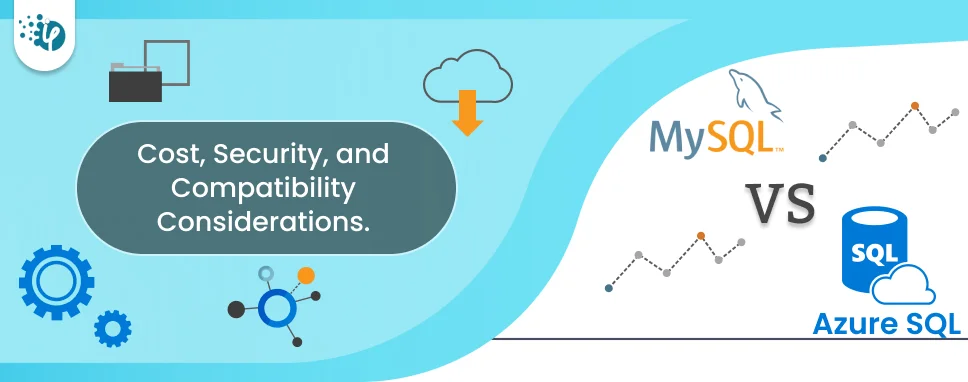Cloud is a trending topic for small businesses nowadays to global enterprises but remains an extensive concept that covers a lot of online regions.
Table of Content
Today almost every business domain is adopting the Cloud service setup with the help of cloud-based solution provider and custom software development firms for their business.
There are generally three models of cloud service to compare: SaaS, PaaS, and IaaS. Each of these has its own advantages, as well as divergence, and it is inevitable to interpret the differences among SaaS, PaaS, and IaaS to know how to select the best one for your firm.
- 1. SaaS: Software as a Service
- 2. SaaS Characteristics
- 3. SaaS Pros and Cons
- 4. Examples of SaaS
- 5. PaaS: Platform as a Service
- 6. PaaS Advantages
- 7. PaaS Characteristics
- 8. PaaS Pros and Cons
- 9. IaaS: Infrastructure as a Service
- 10.IaaS benefits
- 11.IaaS Characteristics
- 12.IaaS Pros & Cons
- 13.SaaS vs PaaS vs IaaS
SaaS: Software as a Service
SaaS products are amidst the most commonly used cloud computing services owned by companies to escalate and augment their businesses and are obtainable for purchase on a subscription basis and are distributed via the internet.
SaaS is precisely associated to the application service provider (ASP) and on demand computing software delivery models. The hosted application management model of SaaS is alike ASP, where the provider hosts the client’s software and distributes it to esteemed end customers over the internet.
It provides several advantages to employees and companies by greatly diminishing the time and money spent on monotonous tasks such as managing, installing and elevating software.
SaaS Characteristics
There are a few ways to help you discover when SaaS is being utilized:
- It is organized from a central location
- Approachable over the internet
- Users not liable for hardware or software updates
SaaS Pros and Cons
SaaS products are cloud-based, all you require to do is log online to begin retrieving the online applications and start using them, without need for locally hosting the software on servers on the sites of your business or offices. SaaS saves maintenance costs by applying third party cloud services, hence you don’t need to bear the high costs. Also, SaaS deployment is quite easy.
You have no command over the cloud-based foundation it runs on when you use a SaaS product. So, if the software provider occurrences an outage, so do you. This can guide to general website outage and issues that can, in turn, influence your business processes that need SaaS products to utilize. Service Level Agreements and their clauses might vary from one supplier to another. As you are shifting your data to the cloud platforms, you require to assure that whether it is in safe hands or not.
Examples of SaaS
These are divergent popular examples of SaaS, including Google Dropbox, Salesforce, Cisco WebEx, and SAP Concur.
PaaS: Platform as a Service
PaaS enact a framework for developers that they can evolve upon and utilize to construct customized applications. PaaS provides cloud components to explicit software while being used mainly for applications.
PaaS incorporates multiple fundamentals cloud infrastructure elements, including servers, networking components, OS, middleware, and databases.
PaaS Advantages
PaaS offers numerous advantages, consisting:
- Cost-effective, easier development, and deployment of apps
- Scalable and highly obtainable
- Notable reduction in the amount of coding required
- Simple automation of business policy
- Effortless relocation to the hybrid model
PaaS Characteristics
- PaaS builds on virtualization technology, so resources can comfortably be mount up or down as your business modifies
- It provides a diversity of services to help with the development, testing, and deployment of apps
- Approachable to several customers through the same development application
PaaS Pros and Cons
The substantial benefits of the PaaS model are how much conduct it offers IT administrators over the platform software and applications are being evolved upon. The disadvantage of the PaaS model is you can only manage what’s construct on the platform if there is a blackout or issue with the hardware or operating system that platform is strengthened on, it will take out the software with them.
In many cases, accuracy is a crucial part of coding and development. When products require to be unfolded swiftly, handling in-house resources can be evacuated on productivity, directing to corner cutting or delays. Due to the ease of utilization of PaaS solutions, projects can be accomplished on a whisked timeline without compromising quality.
IaaS: Infrastructure as a Service
Iaas is built of highly expandable and automated computing resources. It is fully self-service for acquiring and tracking computers, networking, storage, and other services. IaaS permits businesses to buy resources on request and as required instead of having to buy the hardware outrigh
IaaS automatically uplifts, both up and down, based on demand and offers guaranteed service-level agreement (SLA) both in terms of uptime and performance. It diminishes the requirements to automatically provision and handle physical servers in data centers.
One Stop Solution for Software & Web App Development - Enquire Today.
IaaS benefits
- It is highly scalable, ductile cloud computing model
- Clients cherish complete control of their infrastructure.
- Resources can be bought as required.
IaaS Characteristics
- Having multiple users’ facility on a single piece of hardware
- It is vigorous and flexible
- Industry retain complete command of the infrastructure
- Cost varies based on consumption
- The services are highly extensible
IaaS Pros & Cons
This cloud infrastructure provides companies and administrators the prominent level of control and potential over software and hardware, but they will also be liable for making sure they are technologically safe and running properly to avoid causing outages in critical parts of your company's performance.
If your business drives in an industry with seasonal alterations, IaaS makes it simple to expand and decrease data storage requirements, the number of virtual machines in use, and even the software applications used without creating a remarkable investment.
While IaaS can mitigate a few of the freight and stress entangled in the use of IT infrastructure, it may also feasible to become too dependent on the service provider. This evacuate the control of your information and software in the hands of another providers.
SaaS vs PaaS vs IaaS
Each of these cloud models provides specific features and functionalities, and it is essential for your industry to understand the dissimilarities. A smooth platform that permits you to generate personalized applications or complete control over your complete infrastructure without having to corporally manage it, there is a cloud service for you.













